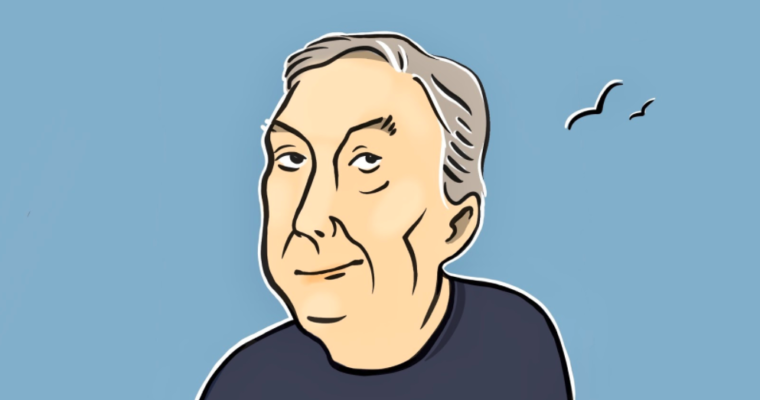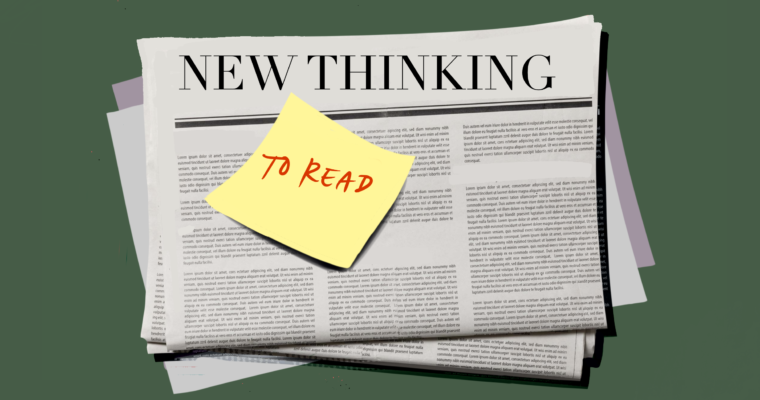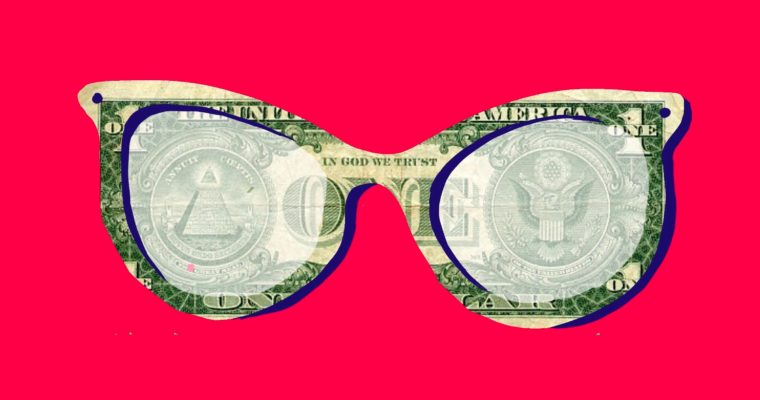Rob Johnson, President of the Institute for New Economic Thinking, is not your average economist. He’s got heart and soul, or if you’ll have it, the blues! With his deep connection to the arts and humanities, Rob leads the new economic thinking not just with a sharp mind, but also with sensibility.
This article is part of an ongoing series in which Rob shares his life experiences, and biggest lessons learned. If you’re an aspiring expert in economics or a related field, this is for you. It might mitigate the depth and duration of your mid-life crisis. Earlier articles in this series can be found here.
Today, we start at the start. We hear from Rob about his youth, and the way he got involved in economics in the first place. Spoiler alert: it was not a linear path.
1 – Social Instability, Music, Sailing, and… Economics?
“As I was growing up, Detroit was a cauldron for social instability, disorder, racial tension, and labor management issues. It was the time of the Vietnam War, and the 1967 race riots; I was in the middle of that when I was a child. MLK spoke, at what would be my high school 3 years into the future, three weeks to the day before he got assassinated! My parents were talking about whether we needed to evacuate. I saw a lot of violence at 10 and 11 years old. It left me mesmerized by MLK; I wanted to know who he was to evoke such a powerful reaction in society.
I also grew up surrounded by music. My father was a doctor and jazz musician, and my mother was a singer and worked in development fundraising for the Detroit Symphony Orchestra; they brought lots of music into the home. And on top of that, I had a mad passion for sailing. All throughout high school, I was doing high level races. I learned navigation by learning trigonometry myself. I learned aerodynamics by teaching myself calculus. Grades, school, and report cards didn’t matter that much to me. I cared about winning the sailboat races! So I studied meteorology. I read about the history of the great explorers. The North Pole, the South Pole, everything.
When it came time for college, sailing led me to MIT. The greatest naval architect of the 20th century–Olin Stevens–had gone there. And a guy who I sailed on a crew with, John Bertrand (who later became the first person to win the America’s Cup away from America in 132 years) had, too! Plus, my dad was encouraging me. So that’s what I wanted; to go to MIT, and to study engineering and become a Naval Architect.
At MIT, I started out majoring in engineering, aeronautical engineering, I minored in music and creative writing. In creative writing, I chose to specialize in understanding the collective writings of Martin Luther King, and the style and techniques of argument, etc. Because I was still haunted by him.
Then, one day, I was looking at electives. I found a course in financial history of western Europe with a man named Charles Kindleberger, and signed up.
About a month into the semester, there was an article about me in the school newspaper, talking about how I was the leader of a crew that won a college sailing race at the naval academy. Kindleberger had seen it, and he told me “I saw you’re a sailor! And since this is your sophomore year, next year you’ll have to write a junior paper, and I think you should write about the role of marine technology in affecting the trade between the Dutch and the British empire. I can hire you as a research assistant.”
So Kindleberger, at the time of the two oil crises, got me a job between him and a man named Morris Adelman, the most famous oil economist in the world. We were sitting in the same suite. And Kindleberger was amazing. On Friday mornings, he’d take students to the last pre-performance rehearsal of the Boston Symphony. And then we’d go to breakfast and talk about world affairs; he was this lovely, lovely man.
But in the middle of that junior paper, Kindleberger says to me, “well you’re good at engineering and math. If you take advanced econometrics, micro and macro, you can get credit for intermediate and beginners, too; that gives you triple the credits. And I’m gonna be selfish. We have nine people majoring in economics… But if we get a tenth, they double our budget!”
Kindleberger told me that the person who should advise me should be my advisor was Robert Solow, because he and his wife were about to learn how to sail. Teach him how to sail, he said, and he’ll teach you economics and help you in your career.
So here I was, with my background of social turmoil, a passion for sailing, a curiosity for MLK, a love for music, and I’m about to dive deeper into economics…”

Enjoy sound with the story!
This playlist, put together by Rob, captures the spirit of Detroit.
Subscribe to receive the next article directly to your inbox! And in the mean time, take a look at Rob’s podcast Economics and Beyond, available wherever you get your podcasts.


